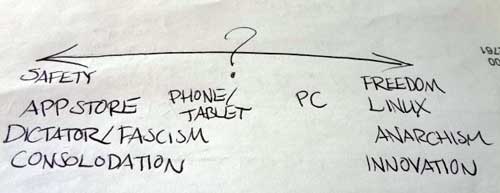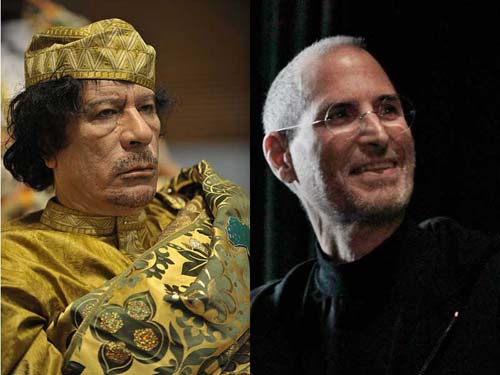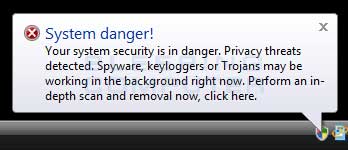The tech world is a lot like politics these days.
After a holiday season where much time was spent removing truly evil malware (I’m looking at you, bastards at Win 7 “Antispyware” 2012), I felt my net-politics shifting rightward. Gulp! Am I getting tech fascist sympathies?
In the human sphere, you understand that people living in unchecked violence and terror would turn to a strong dictator who promises security and order. This was the case made by Muammar Gaddafi when he warned that the country would descend into chaos without him. Dictators promises order, control, and safety.
 App Stores promise the same thing. And let’s be honest; they do deliver. If my sister had an iPad, I wouldn’t have wasted a day running system scans and ultimately reinstalling everything. Centralized control keeps the bad guys out, and a bad guy that sneaks in can be instantly eliminated with the flip of a switch.
App Stores promise the same thing. And let’s be honest; they do deliver. If my sister had an iPad, I wouldn’t have wasted a day running system scans and ultimately reinstalling everything. Centralized control keeps the bad guys out, and a bad guy that sneaks in can be instantly eliminated with the flip of a switch.
I bet Gaddafi wished that his police were so efficient!
And therein lies the rub. Who’s to say what a threat is? Once the central authority has brought peace and safety by eliminating the original bad guys, it’s only a natural progression that they re-define “bad guys” to include all threats to their central power. And extract as much tax as possible for access to their market.
Anti-central-control is the “tech libertarian” view, to which I would like to subscribe. But after some days in the trenches of average users, I am more sympathetic centralized control.

The question is: can the tech world find a balance between App store totalitarianism and malware-infested libertarian anarchy? What does tech democracy look like?
As per my old thesis project, I think tech needs a trust overhaul. But for now, it’s interesting to watch the pendulum of tech swing rightward.

